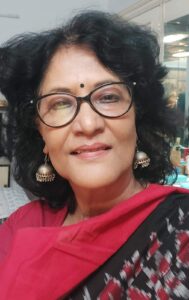 In my high schooldays writing poems and short stories was about de-stressing. This was due to all the hurt and dirt that is inevitably a part of the experience of growing up. The growing up journey is about transitioning from the softness of a flower petal to creeping under a hide and peep carapace and relying on a high –powered shock absorber. At least I feel this is probably true in my case. After those agonizing and ecstatic bouts of self-depreciation and megalomania respectively, matters settled. I noticed the world of which I was an integral part. Not just the world within me.
In my high schooldays writing poems and short stories was about de-stressing. This was due to all the hurt and dirt that is inevitably a part of the experience of growing up. The growing up journey is about transitioning from the softness of a flower petal to creeping under a hide and peep carapace and relying on a high –powered shock absorber. At least I feel this is probably true in my case. After those agonizing and ecstatic bouts of self-depreciation and megalomania respectively, matters settled. I noticed the world of which I was an integral part. Not just the world within me.
The world around gave me a sense of belonging and identity It made me an extrovert and an introvert too. My poems that were so unabashedly confessional, oozing narcissism, now turned its focus to the ecosystem, that was indefatigably so exhilarating and challenging on multiple levels. My creative writing underwent a transformation. I no longer felt my own micro point of view was of much significance. I tried to write about the inequities that caused me so much of outrage and grief. I turned my attention to the injustices with which we keep on making compromises, often propelled by fear or desire. Perhaps this propensity of trying to break free from the benumbing concentric circles that seemed to bind me can be described as literary activism.
I felt I needed to comment on what caused me distress and pain. This could be social injustice, corruption, deception, gender violence and the complete eliding of all human values as if these have lost their relevance and have become absolutely redundant. When Percy Bysshe Shelley stated unequivocally that poets are the acknowledged legislators of the world he was gesturing towards literary activism. To interrogate, to argue, to dream, to envision, to ideate are some of the common compulsions that pulsate within the heart of the domain of poetry. The impressions of a poet mature in silence, the expressions of a poet can involve philosophic depth, subjective mediations between the real and the imagined, critiquing every cringe and envisioning a brave new world of pristine worth.
My poems are an awareness campaign, they involve a sensitization objective. I am keener about substance than style, not just in my prose narratives but in my poetry as well. It can be private, deeply subjective, it can be public addressing the experiential reality. My poems focus on the collective existential dilemma. To bring this forward, to enable the words to spill on the page I use myths, epics, newspaper clippings, philosophy, intersectionality and predominantly gender issues.
Sharing a poem written recently-
DO I WRITE THE POEM
Do I write the poem
Or does it write itself
The lines trickling
Streams
Churning
Depths
Unknown
Unseen
Buds of poems
Unfurl their petals
On the page
The page blossoms
A stabbing pain
A healing touch
A mother’s clasp
Lost and found
Among the words
That create a shelter
As the storms storm through
The pages of bruised time.
Do I write the poem
Can I write a poem
The poem writes itself
My fingers on keyboard
Hypnotized
The poem dictates
I am the poem’s service provider
I am the good old poem’s stenographer
The poem is my analyst
My poem reads me
Like an open book
*

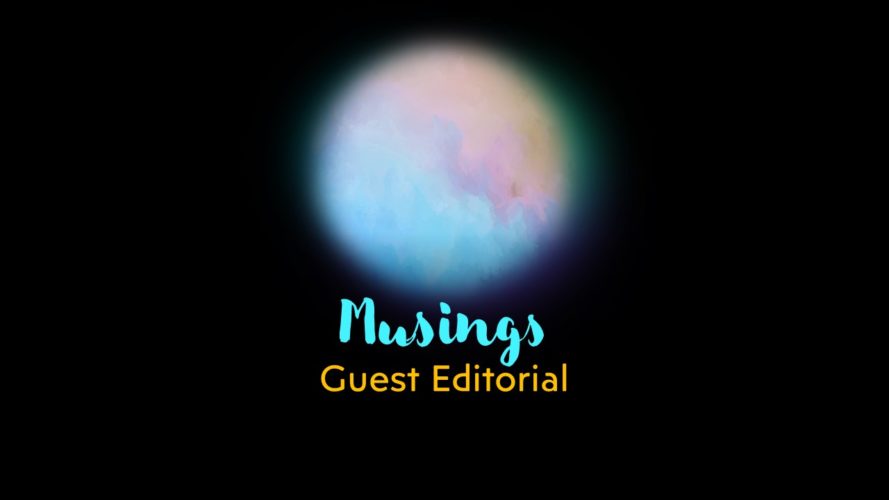

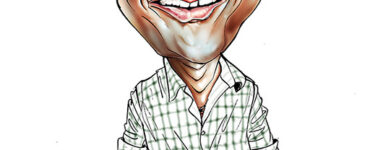
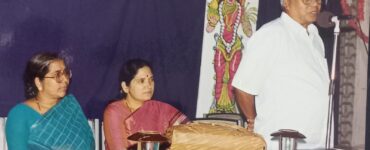
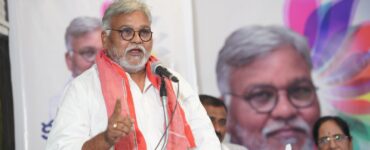
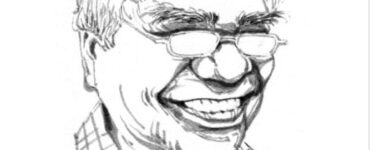


Add comment